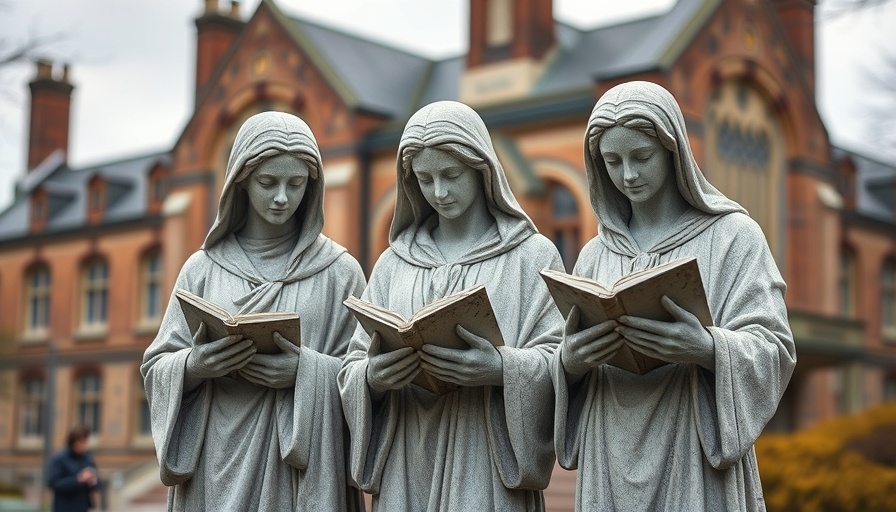
The Impact of Job Corps Closure on At-Risk Youth
The ongoing uncertainty surrounding the closure of the Job Corps program poses significant challenges for low-income and at-risk youth. Launched to provide essential skills training, housing, and meals, the program serves as a crucial lifeline for many young individuals striving for stability and a brighter future. As federal efforts to shut down these centers escalate, thousands of students find themselves navigating a precarious path toward employment and self-sufficiency.
HBCUs: Stepping Up for Students
In response to the looming crisis, historically Black Colleges and Universities (HBCUs) have quickly rallied to support those affected. Institutions such as Morris Brown College in Atlanta have opened their doors, demonstrating a commitment not only to education but also to community empowerment. These HBCUs act as beacons of hope, offering academic resources, mentorship programs, and job placement assistance. By providing a nurturing environment, they allow these students to regain their footing and continue their educational journeys.
A Bright Light in Challenging Times
The swift response from HBCUs is emblematic of their longstanding dedication to uplifting marginalized communities. Morris Brown College, in particular, is uniquely positioned to facilitate this transition due to its historical roots in the community. Many students who once participated in Job Corps see HBCUs as reliable partners in their quest for success. This collaborative spirit reaffirms the importance of educational institutions in addressing societal needs, especially during challenging times.
Building Resilience Through Education
Education not only serves as a pathway to employment but also aids in building resilience among youth. The alternative programs and support services provided by HBCUs can significantly enhance students' skill sets, preparing them for future challenges in a competitive job market. In the absence of Job Corps, HBCUs are championing innovative solutions—including vocational training and career counseling—that align with industry demands.
Create Opportunities, Change Lives
As the narrative unfolds, it becomes increasingly clear that educational institutions have the power to shape lives and provide opportunities. With the support of HBCUs, students can reimagine their futures and move beyond their current circumstances. The proactive measures being implemented serve not just to fill a void left by Job Corps, but as essential stepping stones toward greater career prospects and sustainable living.
Looking Ahead: Educational Partnerships
The current crisis underscores the need for stronger collaborations between educational institutions, community organizations, and government agencies. Together they can create a more holistic approach to student support, ensuring that no one is left behind as programs undergo changes. Expanding partnerships will ultimately enhance educational frameworks, equipping students with the tools they need to thrive.
Conclusion: The Call to Action for a Brighter Future
As communities respond to the threatened closure of Job Corps, the emergence of HBCUs as leaders in this effort marks an essential turning point. The situation serves as a powerful reminder of the collective responsibility to uplift our youth. Supporting institutions that prioritize education and community resilience can pave the way for innovative solutions to future challenges. Together, we can create sustainable pathways for every aspiring young individual determined to succeed regardless of obstacles.
 Add Row
Add Row  Add
Add 




Write A Comment